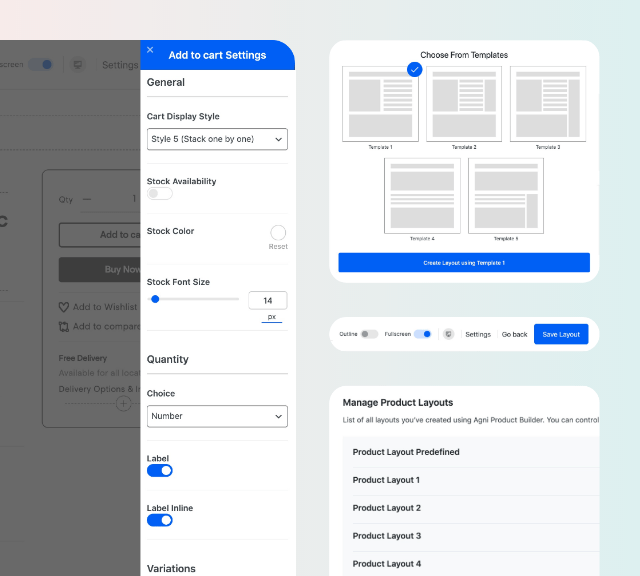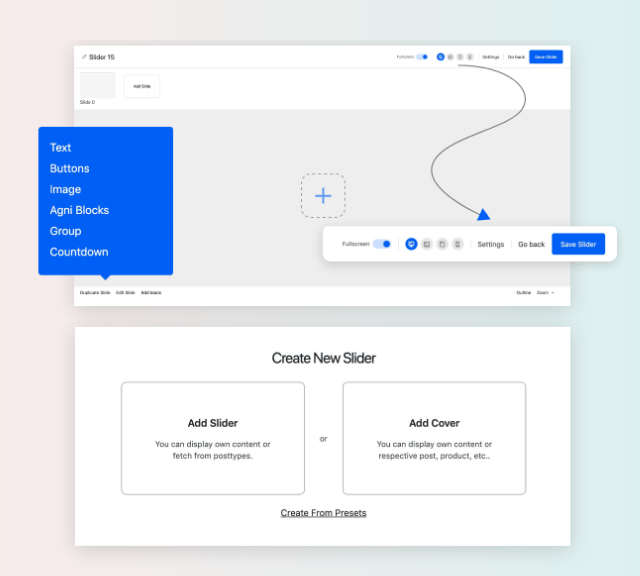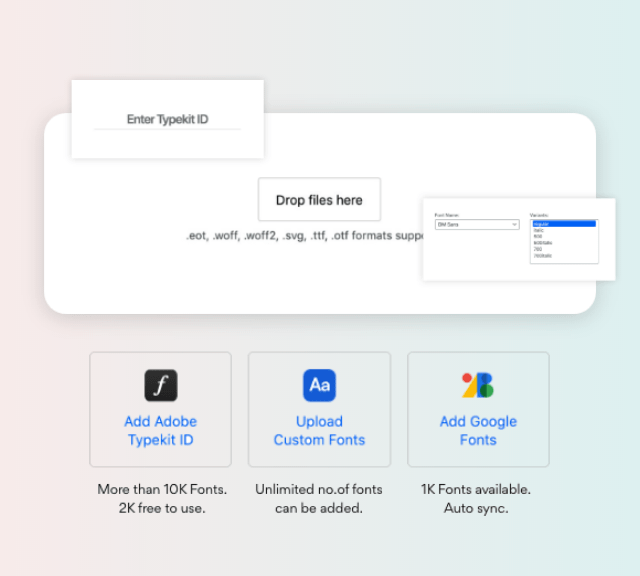Content
Now that you don’t have to deal with hangovers, and you no longer spend time drinking, you should have both more time and more capacity to exercise! Fitness https://ecosoberhouse.com/article/ptsd-and-alcohol-abuse/ is important to your overall health and sense of well-being. Caffeine is a stimulant that causes increased energy, alertness, and concentration.
Antianxiety medications such as benzodiazepines are considered the gold standard. For people who experience hallucinations as part of alcohol withdrawal, these may begin in the 12- to 24-hour time frame. When that person cuts out alcohol, there is a period when their brain hasn’t yet received the message and still overproduces the stimulating chemicals. With alcohol out of the equation, though, these chemicals cause withdrawal symptoms. Over time, however, the body builds a tolerance to alcohol, and a person may have to drink more and more to get the same feeling. Meanwhile, the brain is producing more and more neurotransmitters, making a person further imbalanced.
Physical Effects When You Stop Drinking
Anyone who successfully stops drinking for a whole month is more likely to abstain from alcohol for 6 months. Unless you’ve replaced the empty calories of alcoholic drinks with another indulgent food, you’ve probably cut 2000 calories by the second week’s end. You may find your scale reading a pound or two lighter than before. At the end of 48 hours, a lot of people may get discouraged because they don’t see any results of not drinking — besides no hangovers and remembering what happened the night before. Tremors related to caffeine withdrawal typically occur in the hands and should only last for 2 to 9 days (3). Though not as common as other symptoms, those who have a serious dependency on caffeine can experience tremors in cases of caffeine withdrawal (3).
There are a variety of treatment options to ease this process and support you if your goal is to abstain from alcohol in the future. There is no exact timeline for alcohol withdrawal, and individual factors, such as previous level of dependence on alcohol, will influence it. Alcohol use can alter your gut microbiome, which is responsible for key bodily functions like digestion. Your gut microbiome is full of bacteria, both good and bad, that, when properly balanced, help regulate different processes in the body. But anything more than a drink or so a day has the opposite effect, especially if you abuse or are addicted to alcohol. Alcohol plays a role in at least half of all serious trauma injuries and deaths from burns, drownings, and homicides.
Mental clarity
This article will discuss the symptoms of alcohol withdrawal as well as the timeline and process of detox. Did you know alcohol use can actually make you more prone to getting sick by undermining the immune system? That’s because alcohol use disrupts communication in our immune system, the body’s way of safeguarding against viruses and bacteria. Alcohol causes a “steady depletion of the vitamins and minerals that our body needs to feel our best,” explains Brooke Scheller, DCN, CNS, doctor of clinical nutrition.
This causes the slowing down of the central nervous system, resulting in symptoms such as impaired judgment, decreased coordination, and slurred speech. Additionally, alcohol also affects the brain’s reward system by increasing dopamine levels, leading to feelings of pleasure and euphoria. The good news is that by quitting alcohol, even those who have spent years throwing off the balance of their brains can begin to heal and restore the brain’s natural function. When your body breaks down alcohol, your liver has to clear the metabolic byproducts, Dr. Leavey says. “As a result, the liver has to work harder and longer to recover from the effects of alcohol,” he says.
What to expect when you stop drinking
It’s hardly a secret that having a few drinks alters the way your brain works. So, SELF connected with experts to find out what actually happens to your body when you go sober. While it has been suggested that one or two drinks per day may have health benefits, one meta-analysis found that even moderate intake has serious health risks. Women who had two or more drinks per day and men who had four or more drinks per day had significantly increased mortality. Alcohol use disorder frequently occurs alongside other mental health conditions. Pre-existing mental health conditions can sometimes lead people to turn to alcohol to cope with their symptoms.
It also may ease any depression and anxiety and elevate your self-esteem. Renewal Lodge by Burning Tree is a residential treatment center in Texas that offers a holistic approach to treating alcohol use disorder. Our program includes evidence-based therapies, 12-step philosophy, and physical fitness activities that address addiction’s physical, emotional, and spiritual aspects. With a focus on individualized what happens when you stop drinking alcohol treatment and support, Renewal Lodge can provide a path toward long-term recovery for individuals struggling with alcohol use disorder. Even moderate users or those who have been drinking in excess for a short period of time can experience mental fog, anxiety, and mood changes. The physical consequences of heavy alcohol use, such as liver damage and high blood pressure, are well known.
Increased Mental Clarity
Chronic and excessive alcohol consumption can destroy liver cells, which are necessary for filtering out harmful substances in our body (the liver is our built-in detoxifier). “Fatty liver is a common phenomenon in individuals who drink heavily and regularly, leading to cirrhosis and end-stage liver disease,” says Mary Wirtz, MS, RDN, CSSD. Steering clear of alcohol, however, gives the liver a chance to regenerate. “Cutting out and abstaining from alcohol can recover a substantial portion of liver function,” Wirtz says.
The Jellinek Curve, a tool that outlines signs and symptoms of alcoholism and indicators of addiction and recovery, details some of the other formative milestones people may experience as they get well. Research suggests any amount of alcohol consumption increases the risks of cancer of the mouth, voice box, upper throat, oesophagus and breast. Alcohol withdrawal delirium (AWD), commonly known as delirium tremens (DT), is the most serious symptom of alcohol withdrawal. Mild withdrawal symptoms often begin within 6 to 12 hours after your last drink. When a person drinks heavily, frequently, or for prolonged periods of time, their brain compensates for alcohol’s depressant effects by releasing more stimulating chemicals (compared to when a person does not drink). There are several mild to moderate psychological and physical symptoms you might experience when you stop drinking.








































